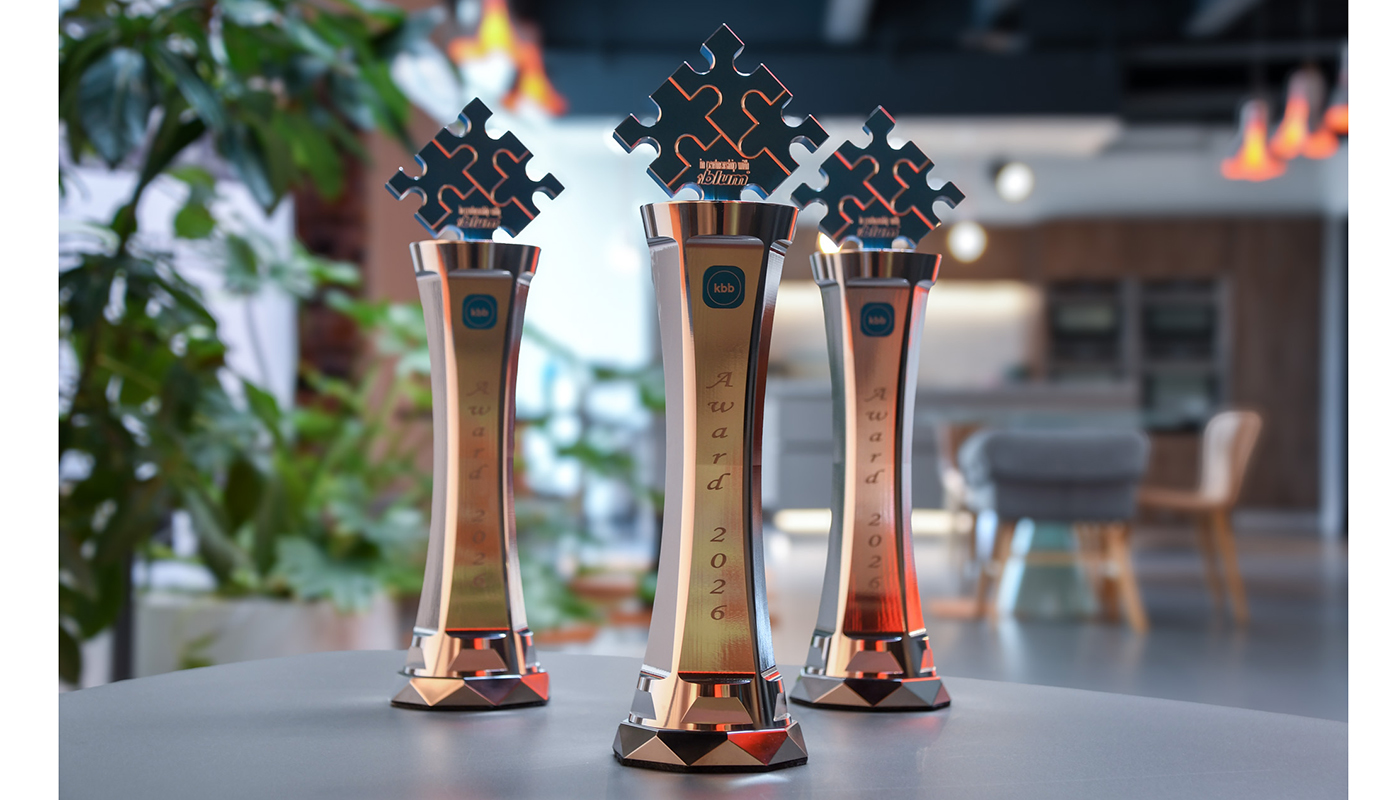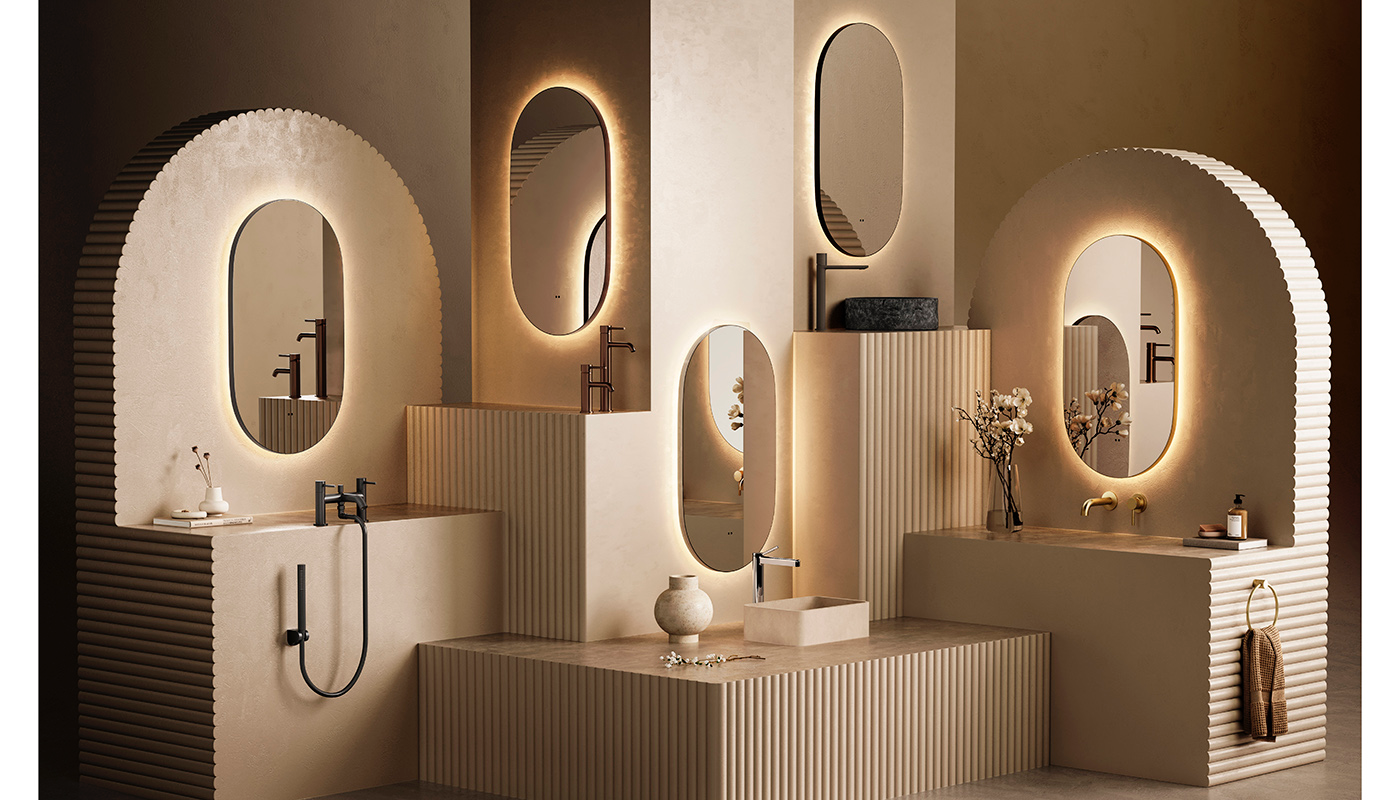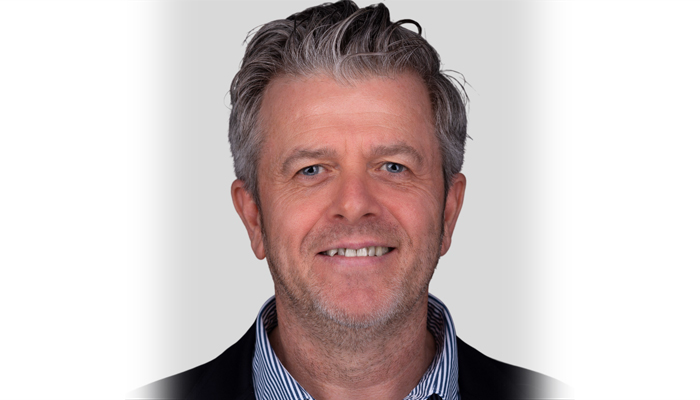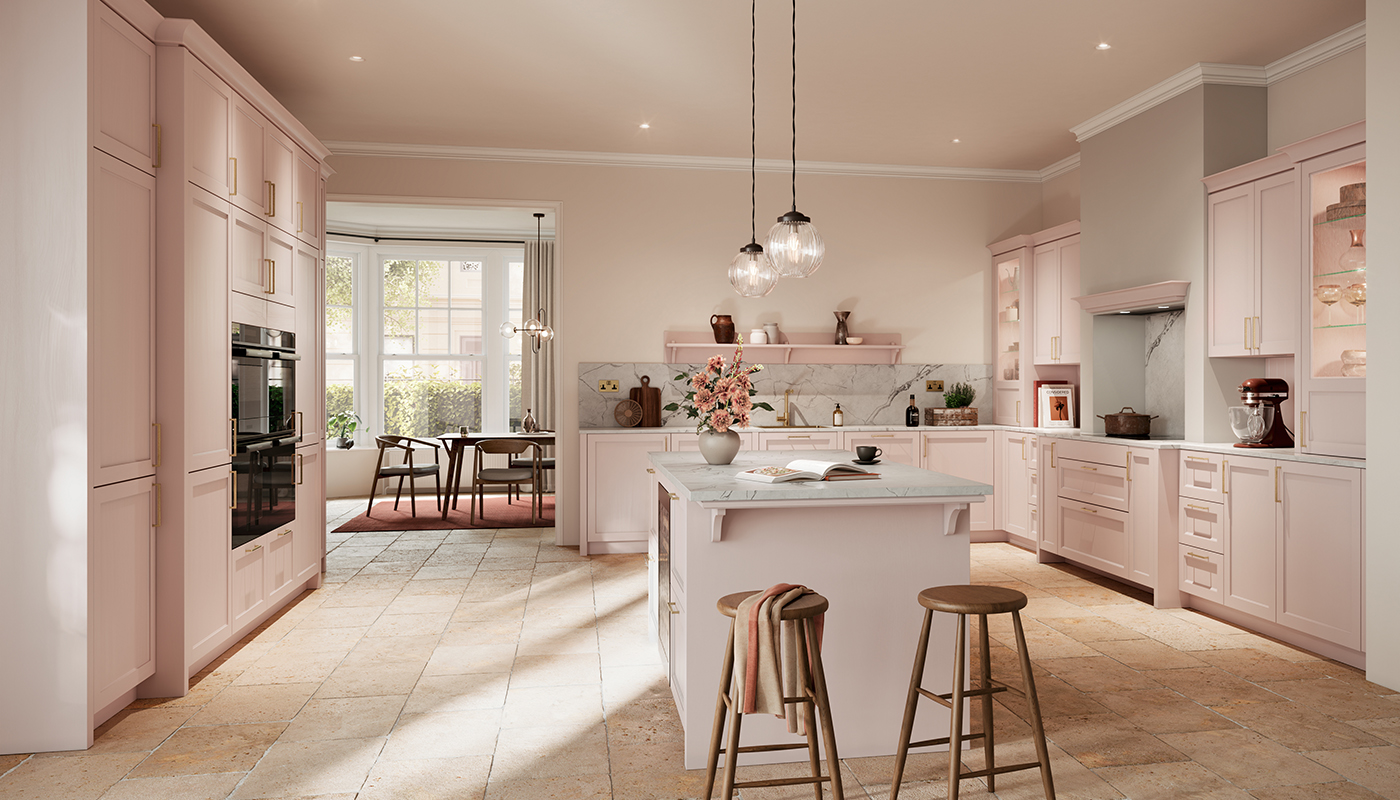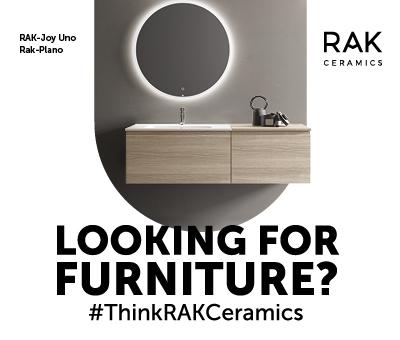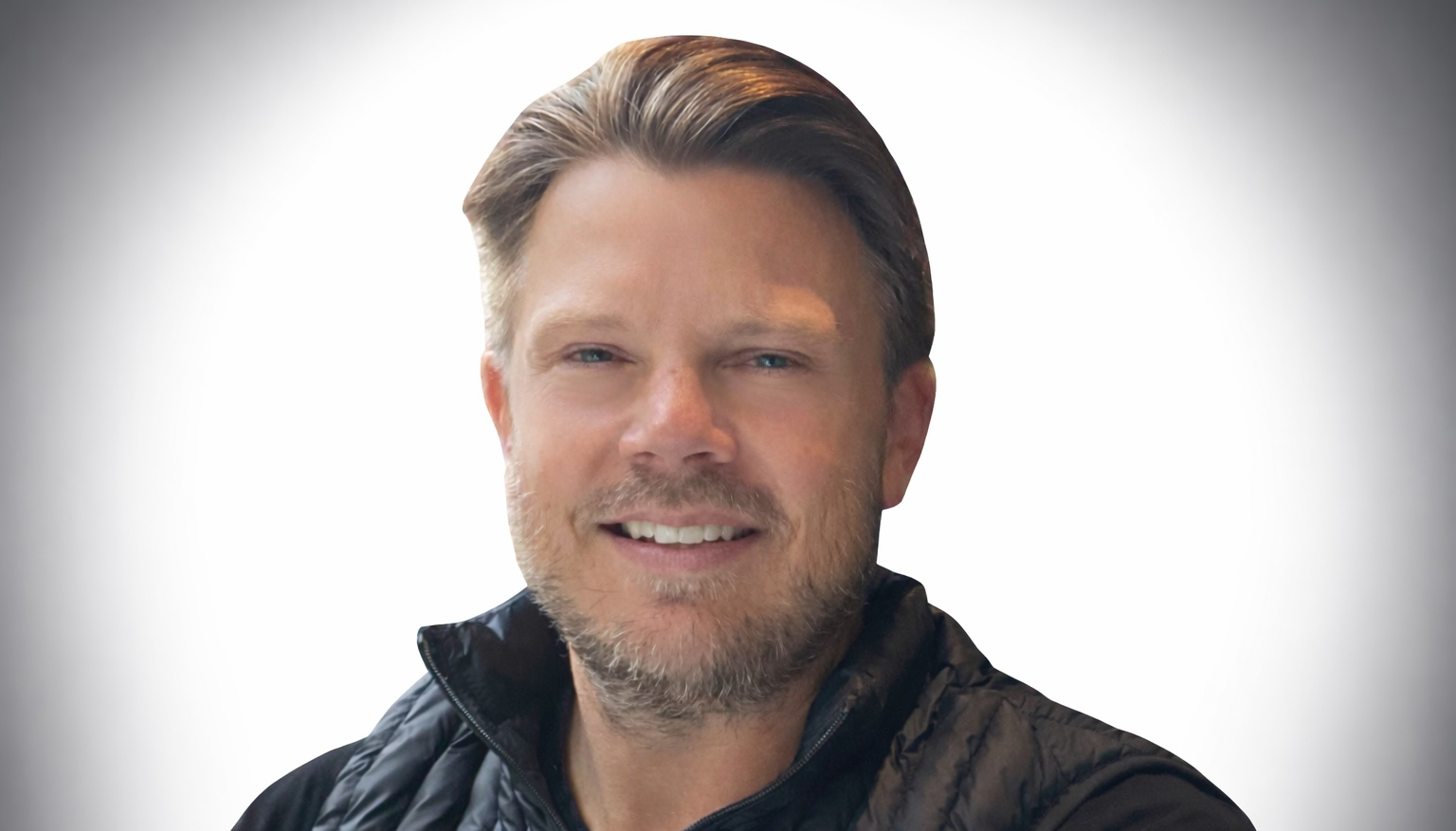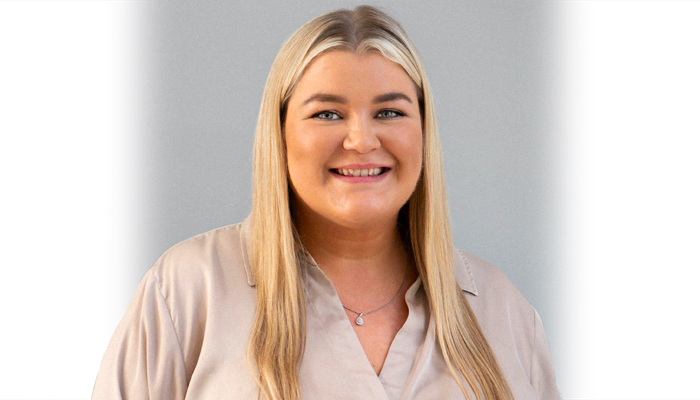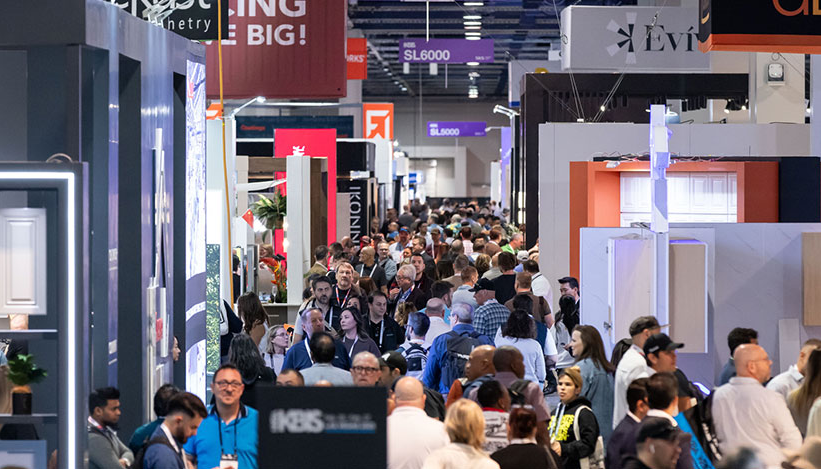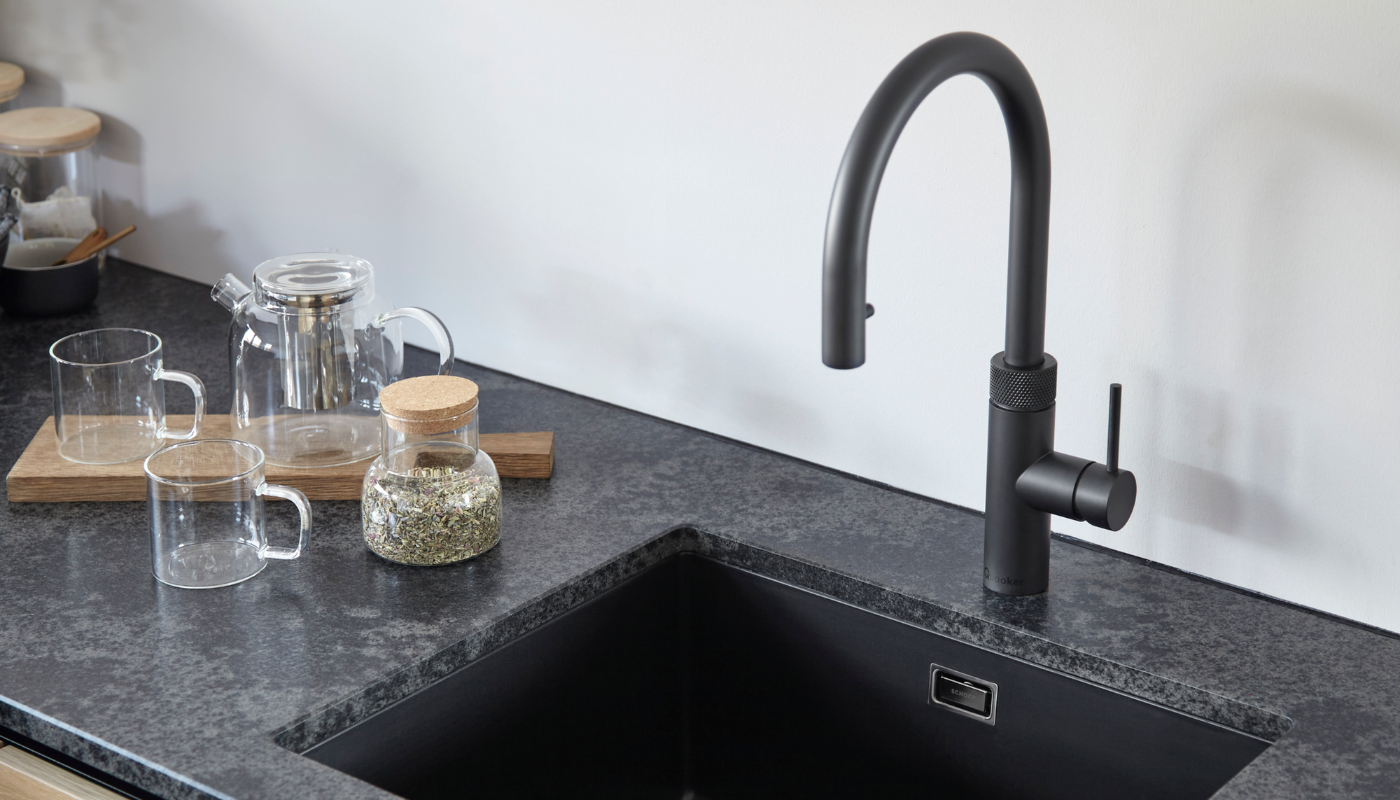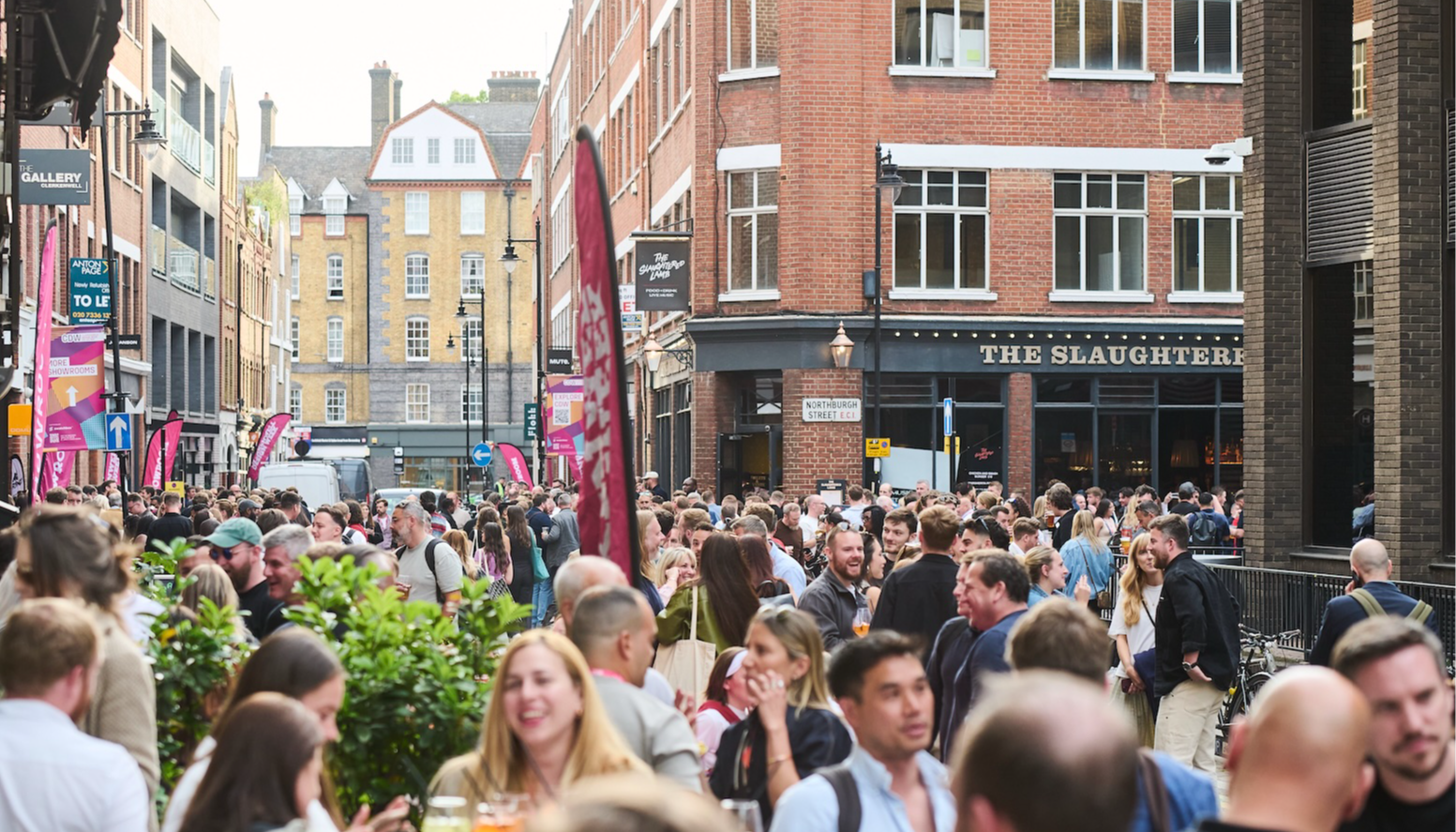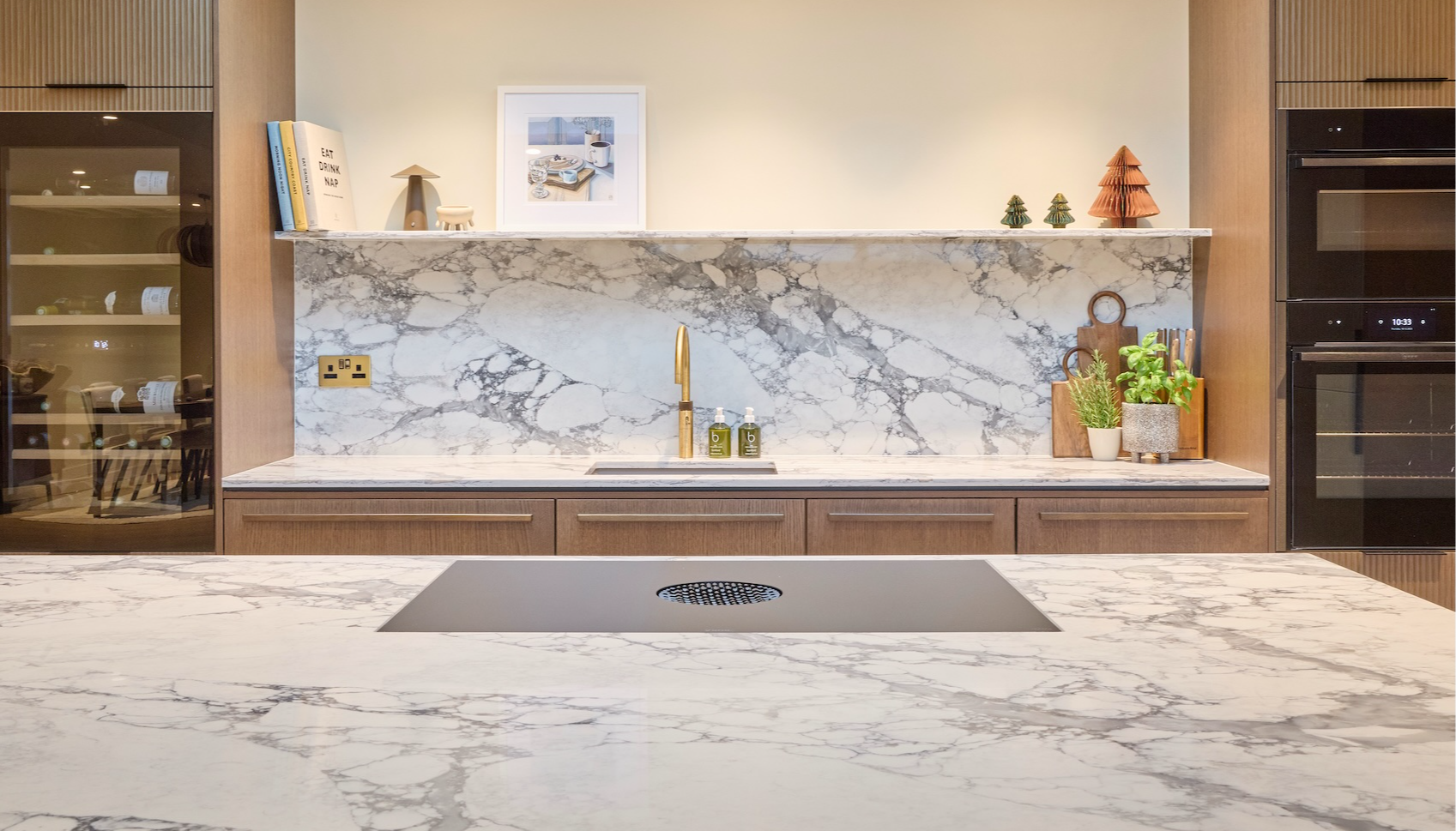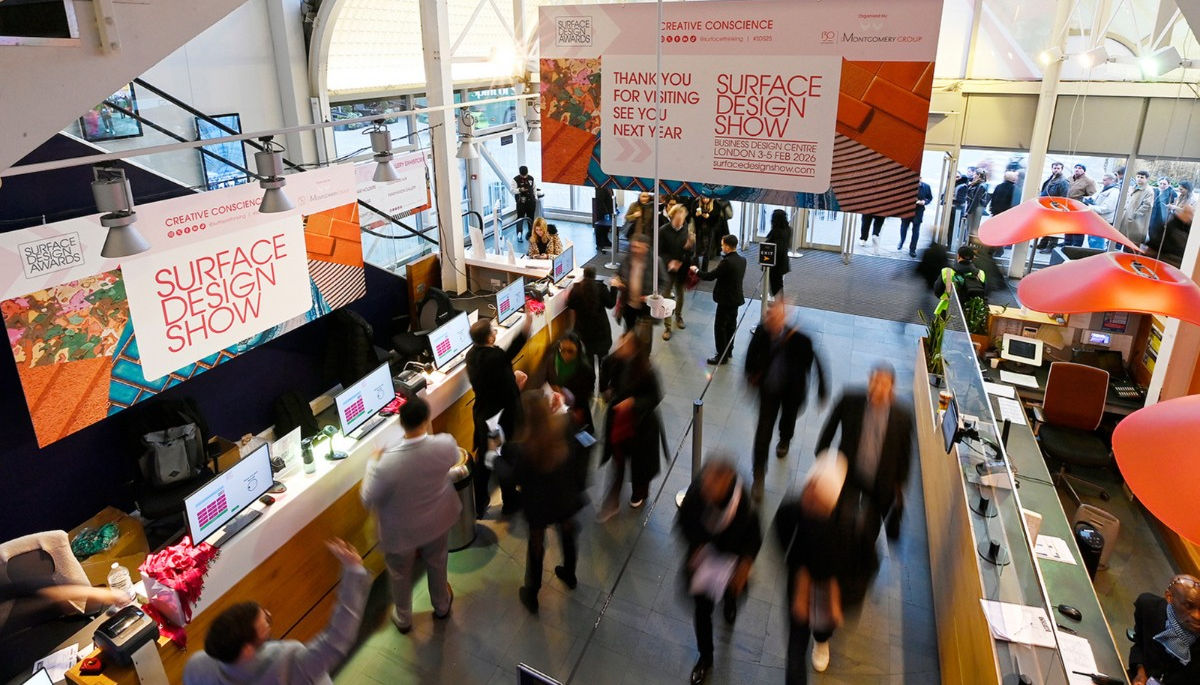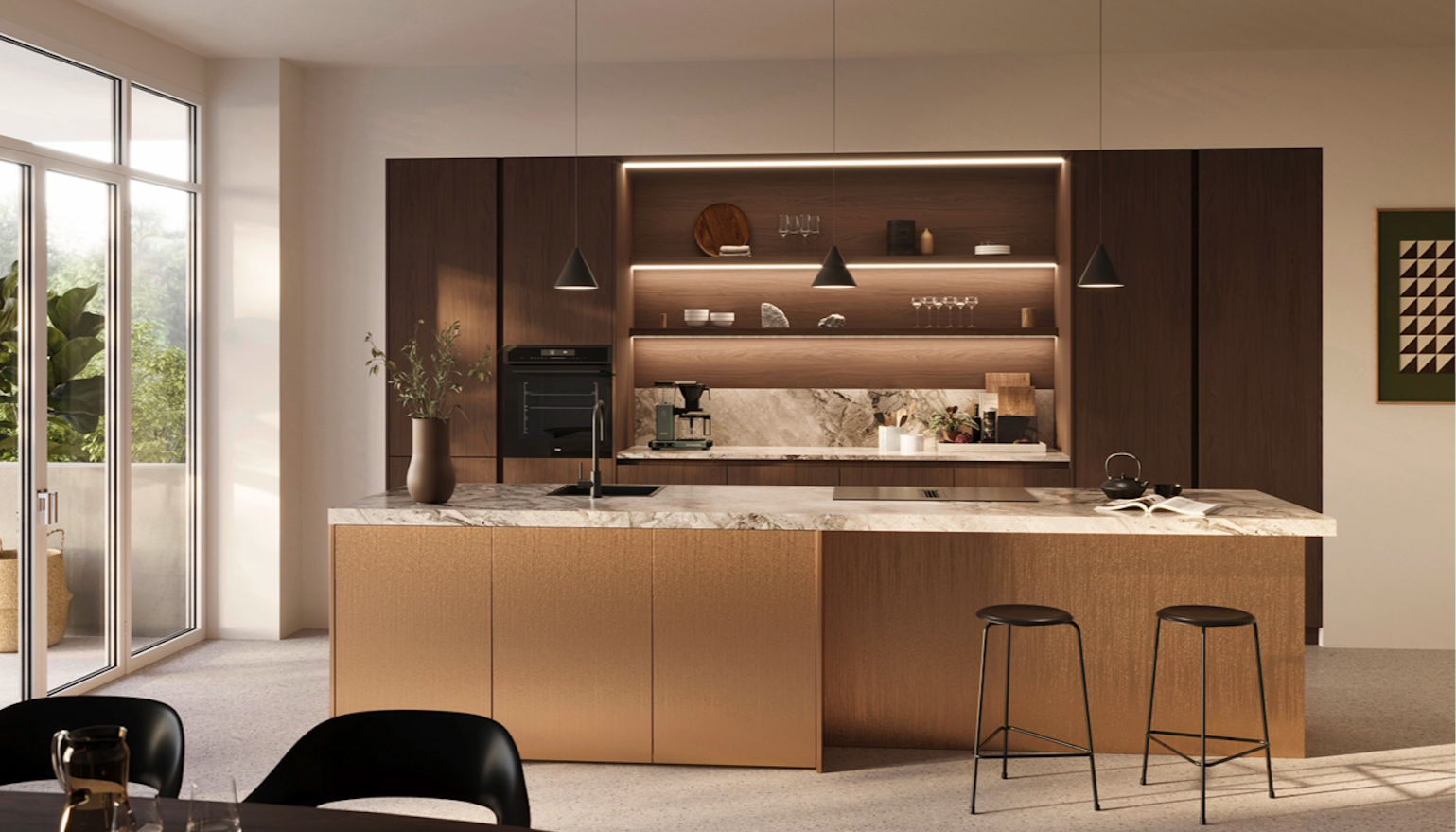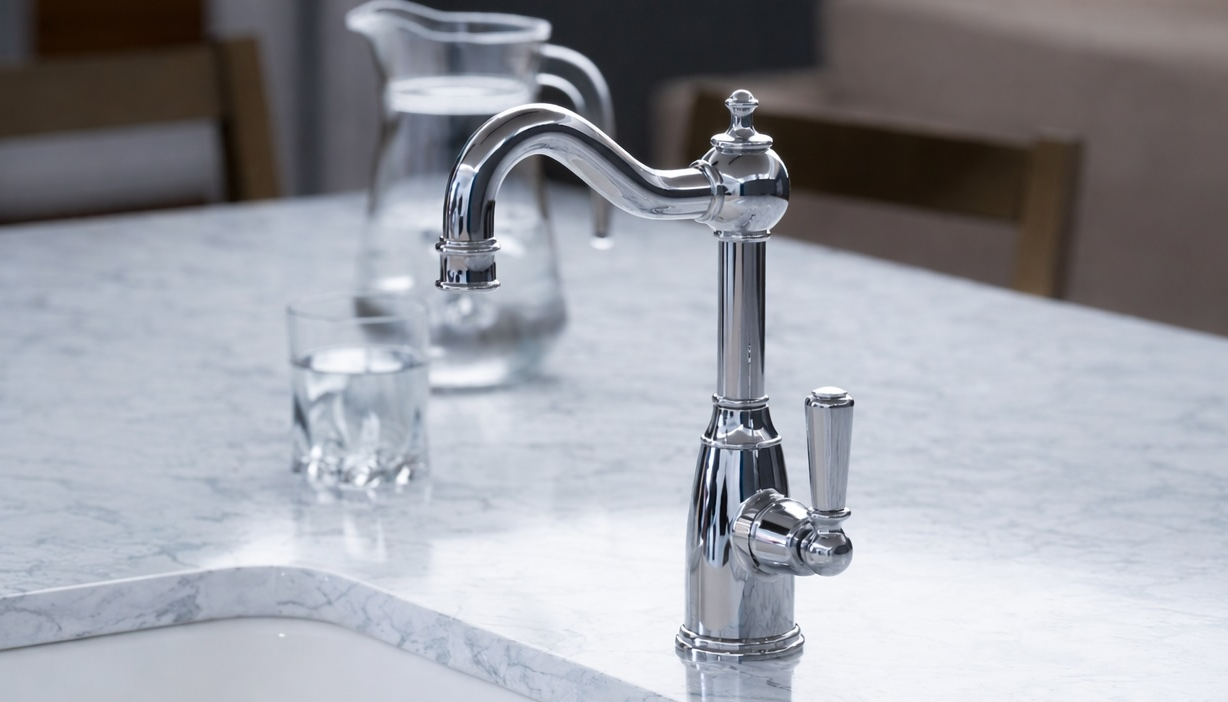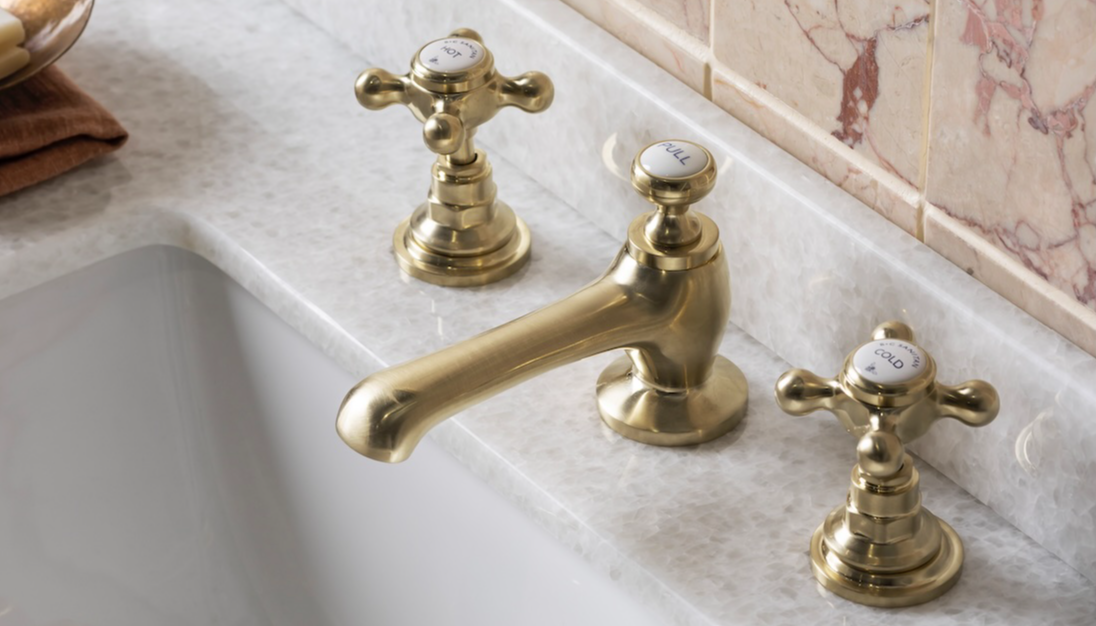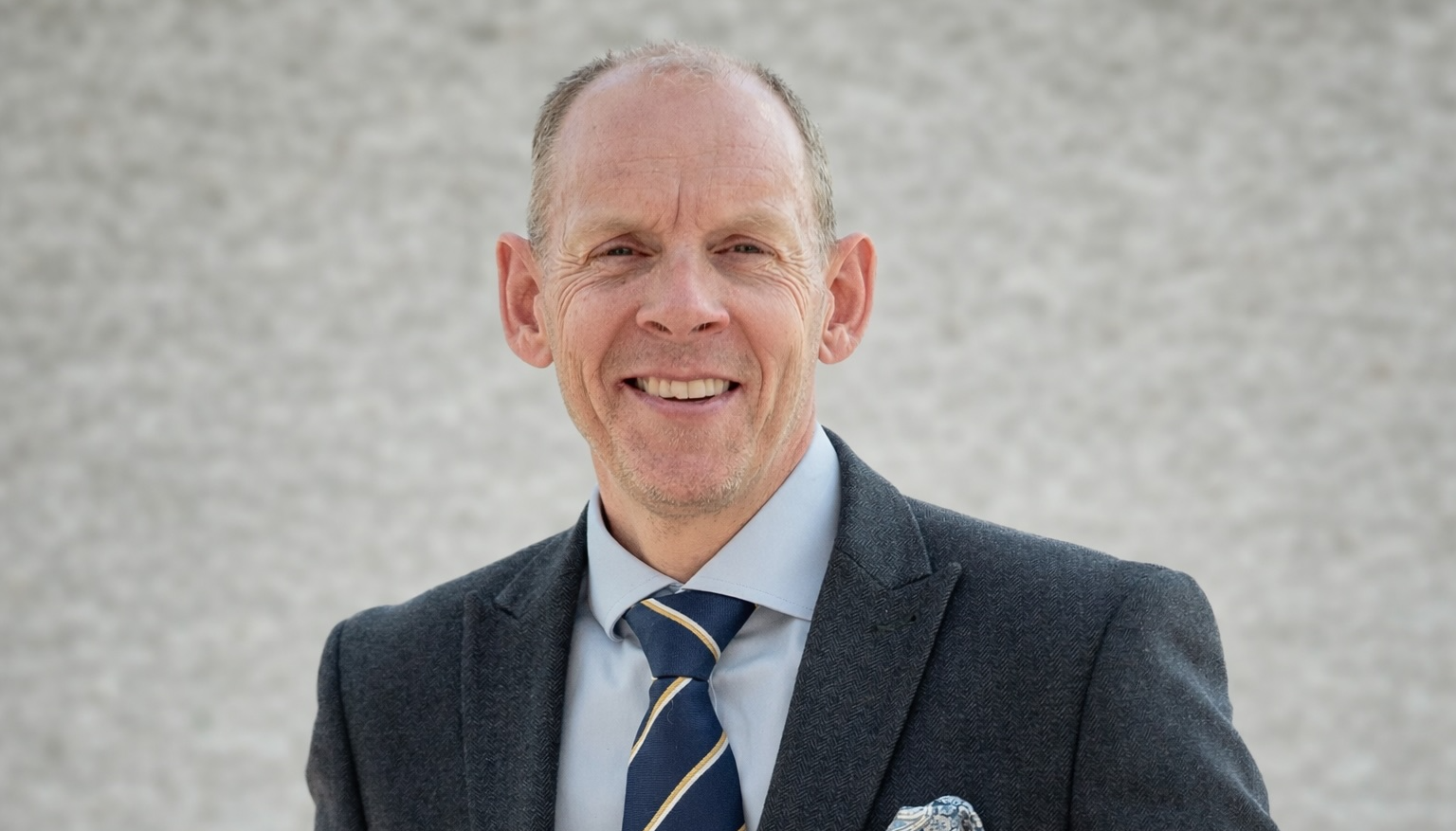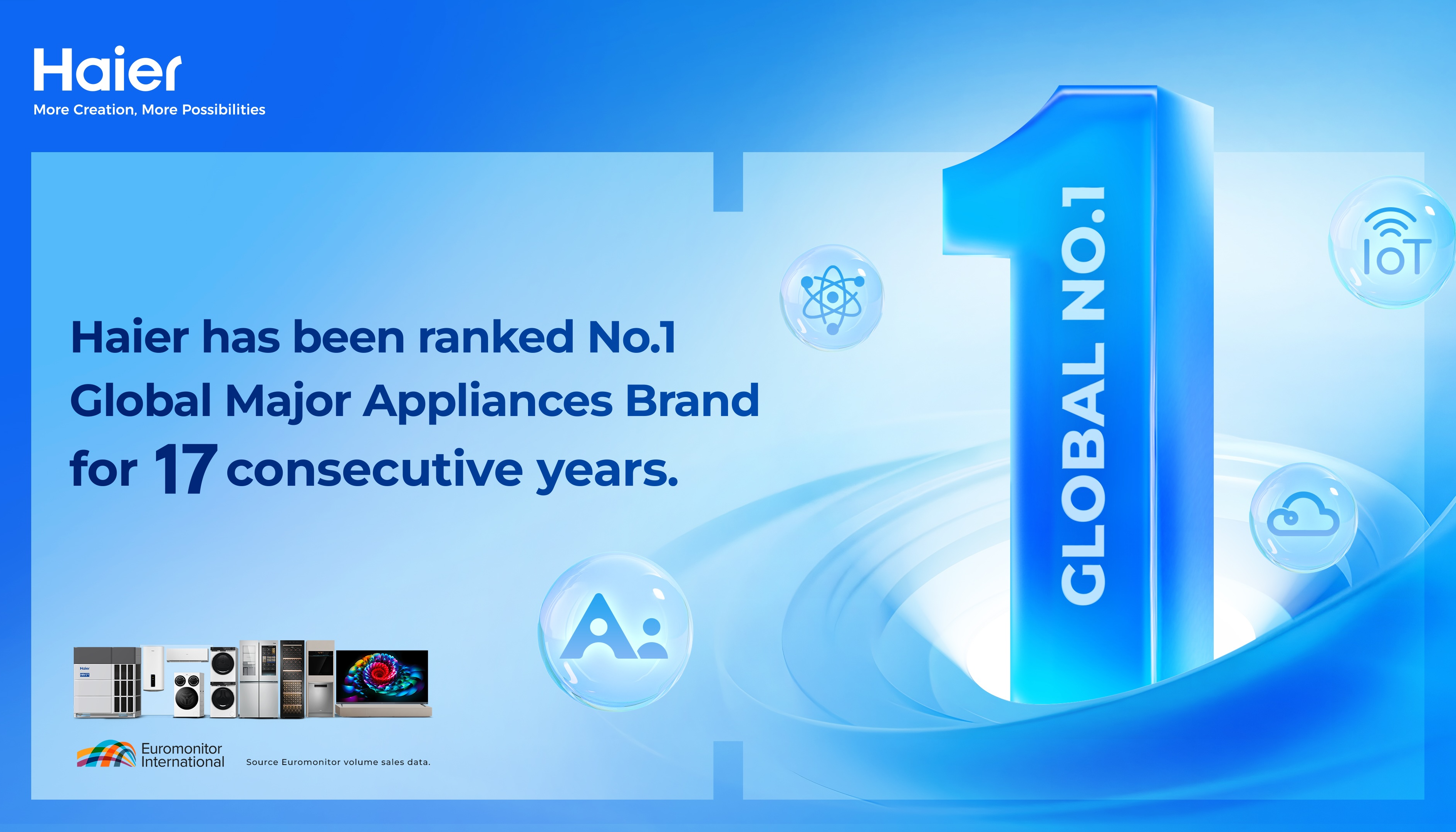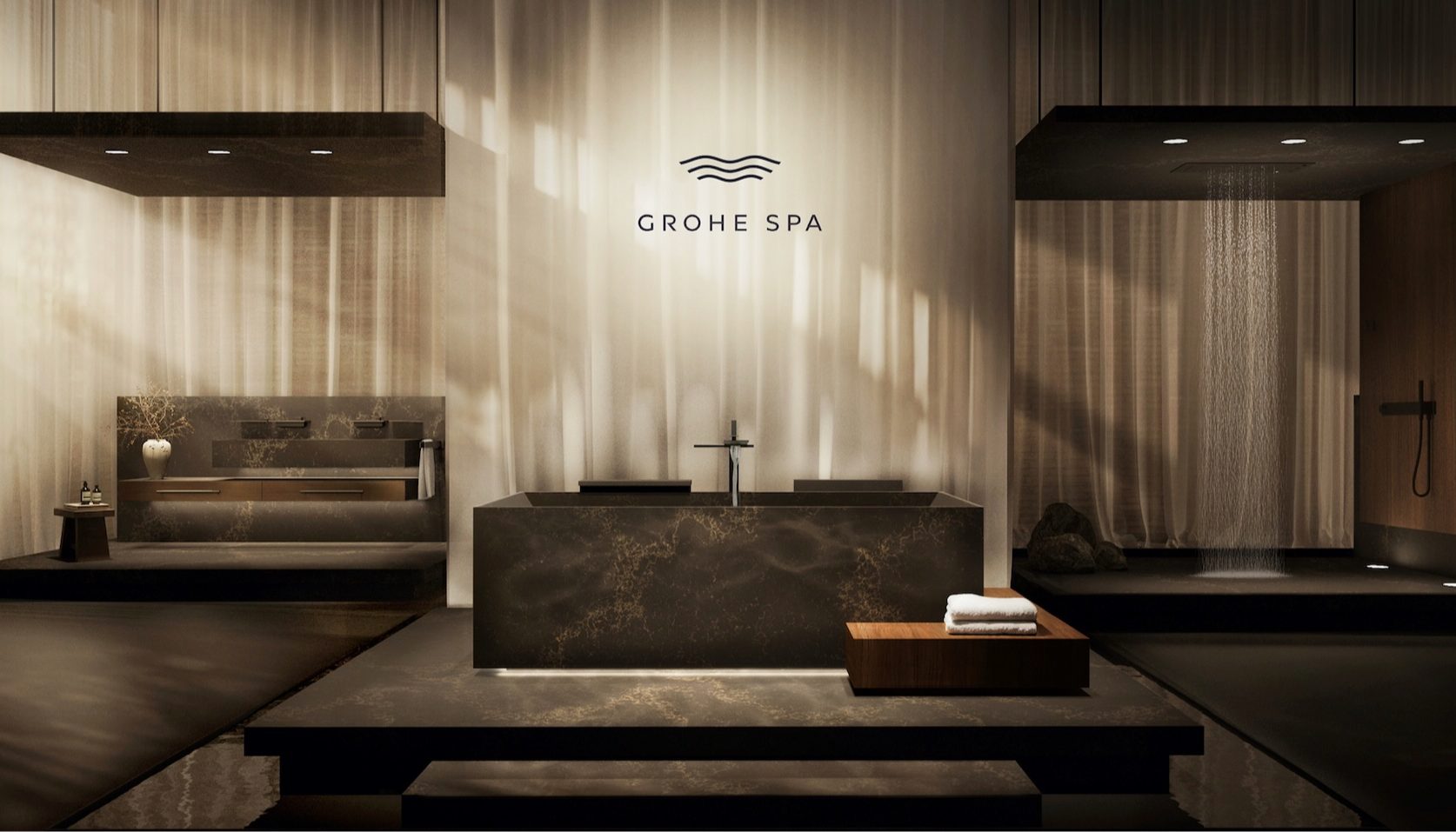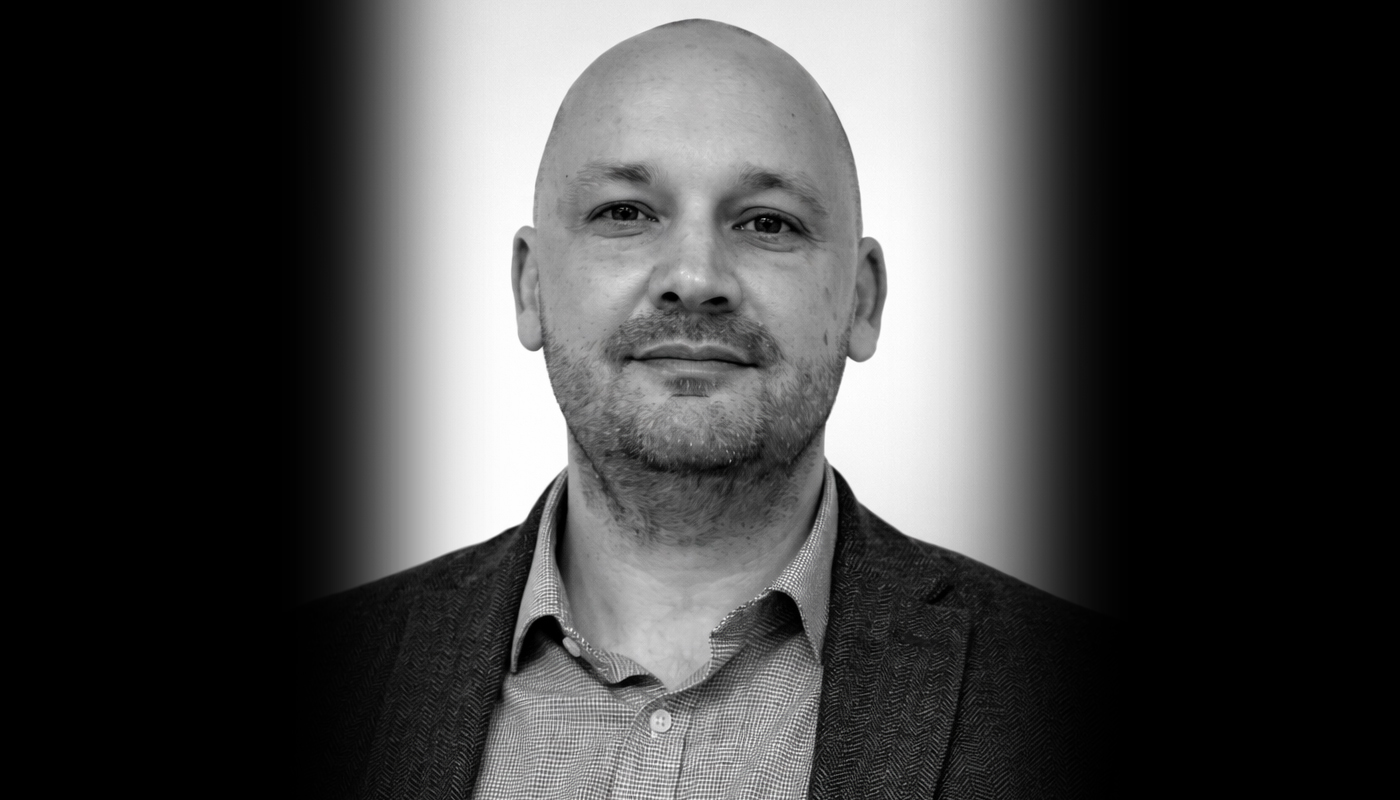Paul Crow – How Ripples is navigating its sustainability journey
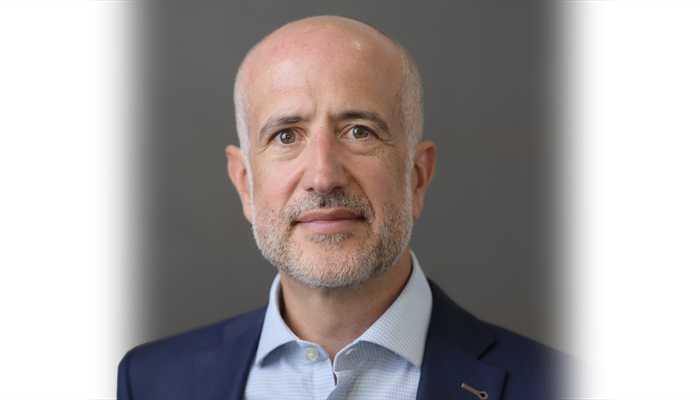
Paul Crow – How Ripples is navigating its sustainability journey
In the first of a series of blogs for KBBFocus, Ripples MD Paul Crow outlines how the company is setting about embracing sustainability and has drawn up a roadmap to help both franchisees and customers become aligned.
The topic of sustainability has never been higher up the agenda than it is today and at Ripples, we are getting much closer to being the sustainable business that we strive to be. As a specialist bathroom company, outwardly the biggest difference we can make is to educate our customers on the benefits of using less water in their bathrooms and the good news is, we have many great products to choose from. Using less water was, for many years, seen as the ‘diet’ version of a bathroom in that all the fun was taken out; but that’s not the case anymore. We can now offer relaxing and enjoyable showers that use special air technology to provide a great showering experience – but not at the expense of the reservoirs. We can provide taps that default to cold so as not to waste energy unnecessarily heating water. And we can also specify flow restrictors on baths, taps and showers to limit the flow of water and avoid wastage, without compromising on performance.
With all of this in mind, we’ve created a roadmap towards creating a more sustainable business; one which we are committed to internally and which also makes a big impact externally with our customers.
Step 1 – EDUCATION
Currently, our primary goal is to ensure we are fully educated on the ways in which we can improve all aspects of sustainability within our business. Once we as franchisors have fully educated ourselves, we can then share with our franchisees who in turn can educate our customers who will be the main proprietors of change.
Internal improvements
We’ve already started making inroads in this area. At a head office level, we’ve appointed a sustainability ‘champion’ who has helped bring awareness of sustainable practices to the organisation and has taken a closer look at all the ways we use finite resources internally, from recycling to printing. Small changes to habitual practices, such as switching from single-use milk bottles to using our local refill shop, may seem minor but are a good start to change behaviour incrementally across the organisation.
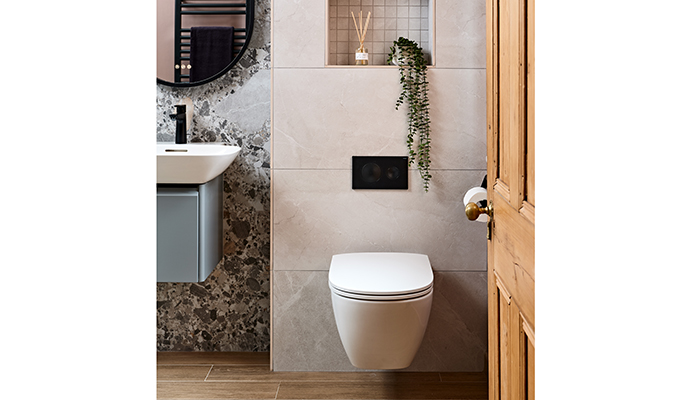
Supply chain
We’ve started an open dialogue with our suppliers to understand how they are improving their own sustainability practices so that we can focus on those that are actively doing the most. We’re selective with the suppliers we work with, ensuring they have credentials which go above and beyond the standards of sustainability; many of whom are already or working towards zero waste. For example, our main WC supplier re-uses any waste products produced in the manufacturing process and re-introduces them to make new products. Incorrectly cast pieces are eliminated and returned to the processing cycle, to keep manufacturing as sustainable as possible. Even items that have already been glazed and fired, but which do not meet quality standards will not end up on a disposal site but are finely ground to create a ‘ceramic powder’ and added to the compounds used for new products. In addition, our main shower supplier runs its factory with solar panels and its surplus energy is used to power the surrounding town they are based at in Germany.
We also work with suppliers who prioritise sustainability in a slightly different way. For example, we sell shell mosaics which are a by-product of the fishing industry, so they haven’t been needlessly taken from the wild and represent a nice way of recycling something that would otherwise be discarded.
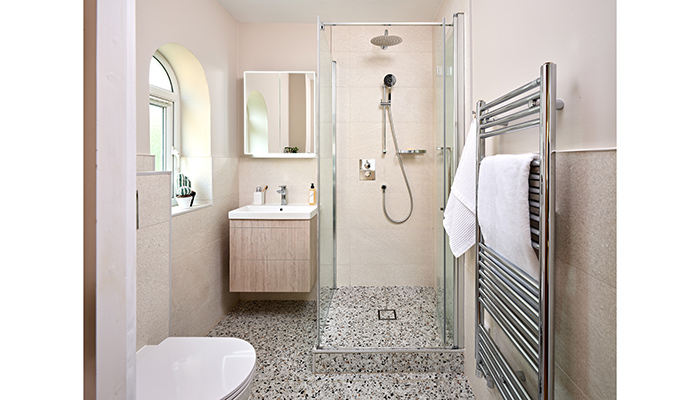
Water and carbon usage
At a franchisee level, we’ve been working closely with our suppliers to offer our franchisees and designers training on the most sustainable products on the market. Despite sustainability being higher on everyone’s agenda, the reality is that customers don’t always ask us about the subject of water usage and the discussion is only really held when the project is for a new build home where current legislations are regulated. By educating our franchisees and designers about the products available, they can in turn bring these into conversations with clients. Our designers have an important part to play here as the new bathrooms they design should last our clients in excess of 10 years. The products specified today give us an opportunity to reduce water and carbon usage for the following decade so there’s a real importance to selecting the right products.
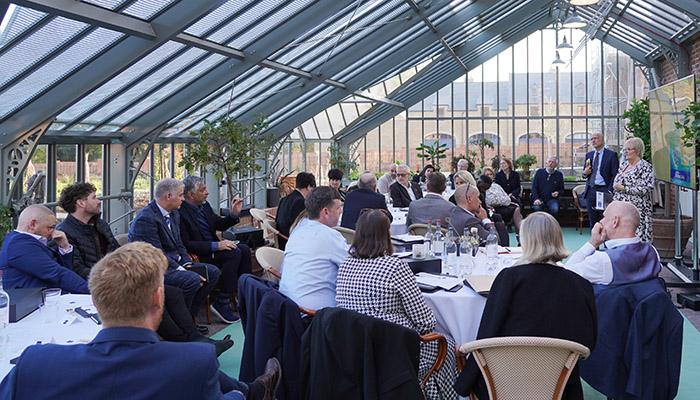
Implementation
The crescendo of our education on this subject is an upcoming partnership with the Unified Water Label Association. The work of the UWLA has been on our radar for many years but has recently gained momentum due to the increasing pressure the UWLA’s MD Yvonne Orgill is rightly putting on the industry to implement a solution before a Government mandated one comes into force. We’re currently working behind the scenes to trial the implementation of a water label in a few of our showrooms, to understand the intricacies of how it looks and more importantly how it works and is interacted with by our customers. After the initial test phase, we’ll look to cement our commitment to the scheme by rolling out the label to all 20 of our showrooms and will use of our annual franchisee meeting to share feedback on how the label has been received by them, our designers and most importantly by our customers. This two-way discussion will allow for any necessary changes to be made, which will remain under constant review to ensure the label has the desired impact.
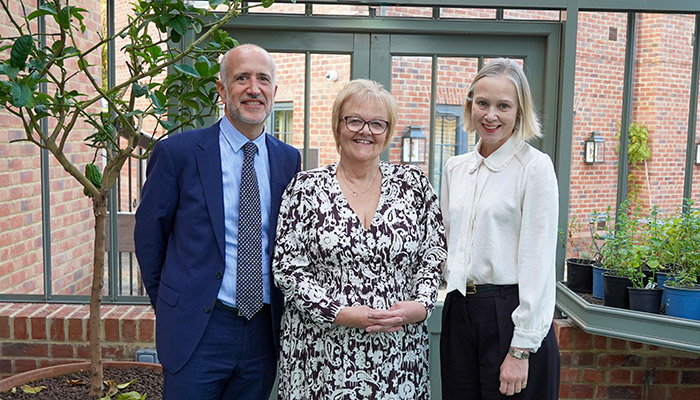
Tags: insight, features, paul crow, ripples, sustainability, bathrooms, yvonne orgill, uwla




